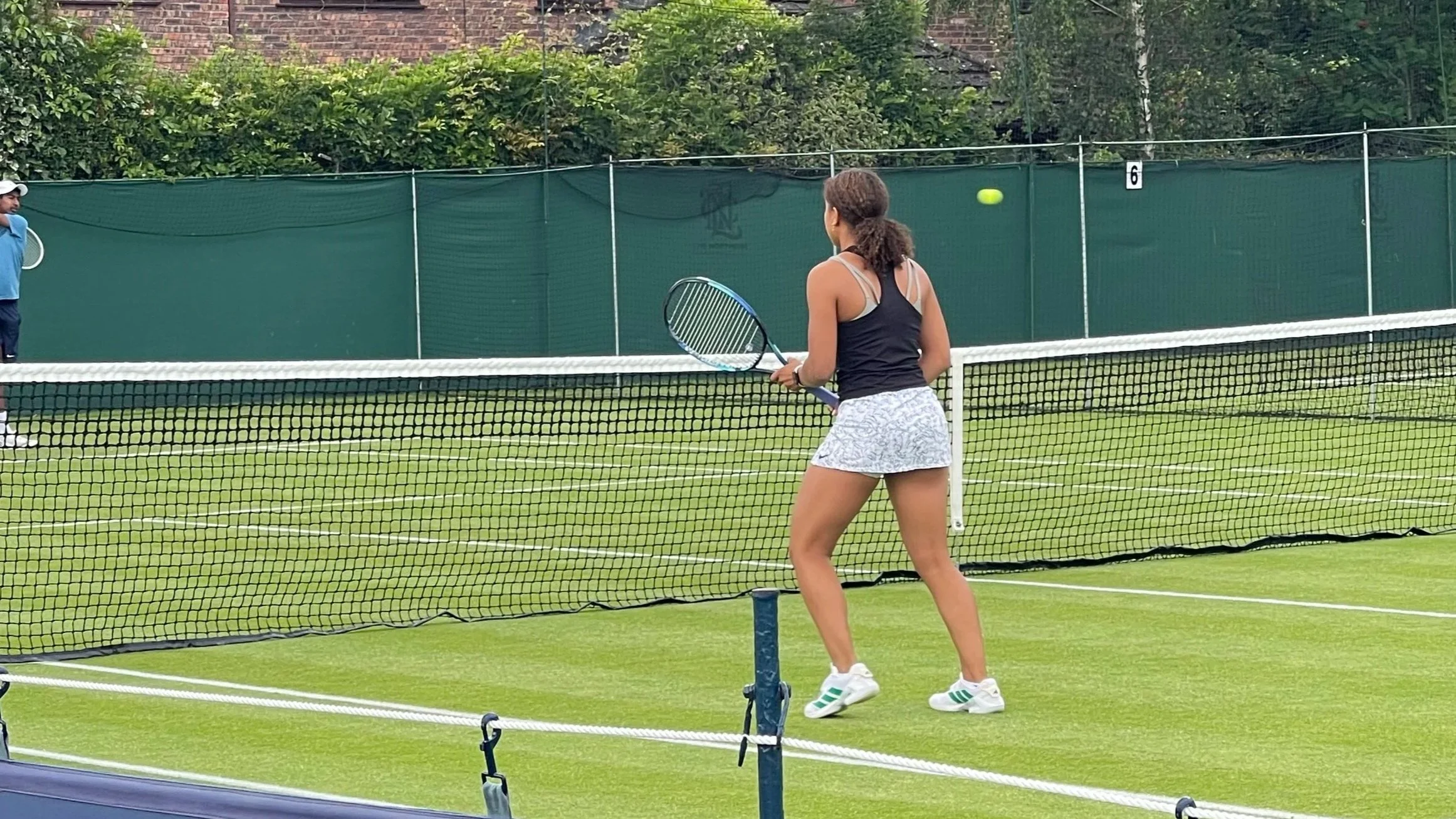Youth Sports Nutrition
Welcome to the youth sports nutrition for Junior Tennis Athletes website! Our goal is to provide young tennis players with the information and resources they need to optimise their performance and maintain a healthy, active lifestyle. We understand that nutrition plays a critical role in athletic performance, and we are here to help junior tennis athletes make the most of their time on the court.
Whether you're just starting out or already have experience playing tennis, this website offers valuable information on the importance of proper nutrition for athletes. We cover topics such as hydration, meal planning, and the benefits of specific nutrients for tennis players. Our team of experts provides practical advice and easy-to-follow guidelines to help junior tennis athletes make informed decisions about their diets.
We believe that a comprehensive approach to sport and nutrition is essential for success on the court, and we are dedicated to helping young tennis players reach their full potential.
Whether you're looking to improve your performance, stay healthy, or just want to learn more about sport and nutrition, this website is the perfect resource for you. So why wait? Start exploring today and take your tennis game to the next level!
My Journey to Creating Benutrucious
Health and nutrition have always been central to my life. From a young age, I was passionate about the connection between food, wellbeing, and performance. While I knew I wanted to help others, I wasn’t sure exactly which path to take — until the birth of my daughter gave me the clarity I needed. It was then that I chose to dedicate myself fully to the field of nutrition.
As I deepened my studies, I realised how transformative the right nutritional choices can be. Proper nourishment doesn’t just fuel our bodies — it rebuilds strength, supports immunity, and empowers us to live fuller, healthier lives.
My daughter has also been one of my greatest inspirations. Watching her pursue her passion in tennis and grow into a junior tennis player has shown me the importance of discipline, balance, and the role of nutrition in supporting dreams. Her journey motivates me every day to guide others in achieving their own goals through health and vitality.
With Benutrucious, my mission is to equip you with practical, science-based strategies that make nutrition simple, achievable, and life-changing. Together, we can strengthen your body, boost your energy, and help you feel your very best.
What We Do?
Building strength, resilience, and vitality through food.!
Our mission is to empower individuals to fuel their bodies with confidence — enhancing performance, preventing injuries, and building lifelong health through simple, science-based nutrition.
Here are some guidelines for nutrition for tennis junior athletes:
Carbohydrates: Junior tennis athletes should consume complex carbohydrates, such as whole grains, fruits, vegetables, and legumes, as these provide a steady supply of energy throughout the day. Simple carbohydrates, such as sugar and processed foods, should be limited or avoided.
Protein: Protein is essential for repairing and building muscle tissue, which is critical for tennis players. Good sources of protein include lean meats, fish, eggs, nuts, seeds, and legumes.
Healthy fats: Junior tennis athletes should consume healthy fats, such as those found in avocado, nuts, seeds, and oily fish, to support their overall health and wellbeing.
Micronutrients: A varied diet that includes colorful fruits and vegetables, nuts, and seeds will provide essential vitamins and minerals to support overall health.
Hydration: Adequate hydration is essential for tennis athletes, especially during training and competition. Junior tennis athletes should aim to drink plenty of water and avoid sugary drinks, which can lead to dehydration.
Meal timing: Junior tennis athletes should aim to eat regular meals and snacks throughout the day to maintain energy levels and prevent fatigue.
Supplements: Junior tennis athletes should consult with a healthcare professional before taking any supplements, as some may be unnecessary or even harmful.
By following these guidelines, junior tennis athletes can maintain a healthy and balanced diet that supports their physical and mental performance on the court.
Fueling Your Body to Enhance Performance and Prevent Injuries
The way we fuel our bodies directly impacts how we perform, recover, and protect ourselves from injuries. Proper nutrition provides the energy and endurance needed for peak performance while also supporting muscle repair, joint health, and overall resilience. By making the right nutritional choices, you not only optimise your physical performance but also create a strong foundation for long-term health, reduced risk of injury, and quicker recovery — allowing you to stay consistent and reach your full potential.








